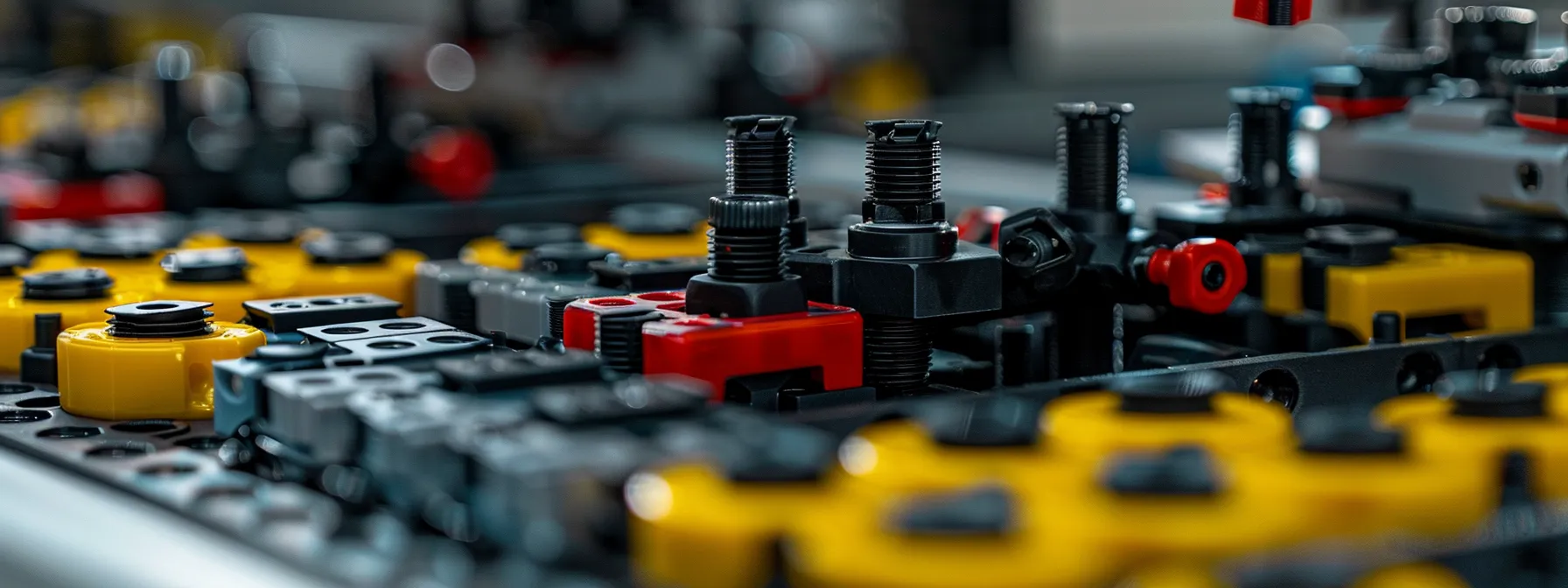Plastic plugs, small as they may seem, serve an enormous role across a variety of industries, from shipping goods securely to ensuring the reliable functioning of complex plumbing systems. These ubiquitous components are key to preventing contamination, securing contents, and ensuring safety in myriad applications. Their simple design belies the complexity of their impact on daily operations and the intricacies involved in choosing the right plug for the right purpose. To fully appreciate the significance and adaptability of plastic plugs, let’s delve into their various applications and benefits. In this article, we explore the integral function they play in our modern world.
Understanding the Versatility of Plastic Plugs in Various Industries
Plastic plugs are versatile components used in various sectors like automotive, aerospace, and electronics. They are flexible, allowing them to fit into various openings and provide secure protection. They are essential in manufacturing for protecting critical parts during transport and storage.
They can withstand extreme temperatures, chemicals, and prolonged exposure, making them suitable for harsh industrial environments. Plastic plugs can also be customized for aesthetic purposes in consumer products, available in various colors and sizes. Their low cost and ease of application make them a cost-effective solution for businesses. They are the unsung heroes of production lines and shipping departments.
The Critical Role of Plastic Plugs in Packaging Solutions
Plastic plugs are crucial in the packaging industry for maintaining product security and integrity throughout the supply chain journey. They seal openings in containers and materials, preventing contaminants and maintaining cleanliness, especially in the pharmaceutical and food industries. They also help maintain structural integrity by preventing moisture ingress and protecting delicate products like electronics or precision instruments.
They also serve as end caps for shipping tubes or protective sleeves, ensuring contents remain secure during transit. The ease of application and removal facilitates streamlined packing and unpacking processes, contributing to operational efficiency. The versatility of plastic plugs is further enhanced by specialized designs, such as vented plugs, which allow for air release without compromising seal.
How Plastic Plugs Ensure Safety and Efficiency in Plumbing Systems
Plastic plugs are essential in plumbing systems, securing pipes and preventing leaks. They prevent water damage and maintain water quality by preventing contaminants infiltration. They also serve as temporary fixtures during construction or repair work, ensuring continuity in construction schedules.
Plastic plugs also contribute to safety by covering exposed pipe ends and protecting workers and equipment from sharp edges. They are cost-effective for both short-term and long-term closure needs and resist corrosion, making them a convenient option for plumbing systems. Their ease of installation and removal make them a convenient and cost-effective solution for plumbing systems.
Innovation in Plastic Plug Design and Material Sustainability
Environmental sustainability is gaining prominence as industry leaders focus on the design and manufacture of plastic plugs. They are using recycled materials and biodegradable plastics to reduce their ecological footprint. Design enhancements, such as reusability and easier waste separation, contribute to sustainability. Manufacturers are also focusing on reducing waste and energy consumption.
Modern plastic plugs are designed to tolerate extreme conditions and offer longer service lives, reducing the need for replacement. Smart design tweaks, like built-in tamper-evidence or pressure regulation, enhance functionality. Companies are also considering the full life cycle of plastic plugs, making recycling and upcycling easier.
Best Practices for Selecting the Right Plastic Plug for Your Application Needs
Choosing the right plastic plug starts with accurately measuring the opening it needs to seal. A proper fit is key to avoiding leaks or dislodgment, which can lead to product failure or safety issues. It’s also important to think about environmental factors like temperature, chemicals, UV exposure, and physical stress, as these will affect which material and design are most suitable.
The purpose of the application matters too. Plastic plugs used for shipping may need to be cost-effective and easy to remove, while plumbing uses demand durability and resistance to moisture and pressure. Always check for industry compliance, as plugs may need to meet standards like FDA or RoHS. When in doubt, consult manufacturers to ensure the plastic plug fits both your needs and safety regulations.
Overall, plastic plugs serve as significant components in ensuring the smooth functioning and safety of products and systems across industries. Their simple yet effective design offers practical solutions to everyday challenges faced in packaging, plumbing, and beyond. The continuous innovation in their design and materials is a testament to their key role in industrial applications, and their careful selection is vital for optimal performance. As we recognize the humble yet powerful role of plastic plugs, it’s clear that they will remain an essential fixture in manufacturing and engineering for years to come.











